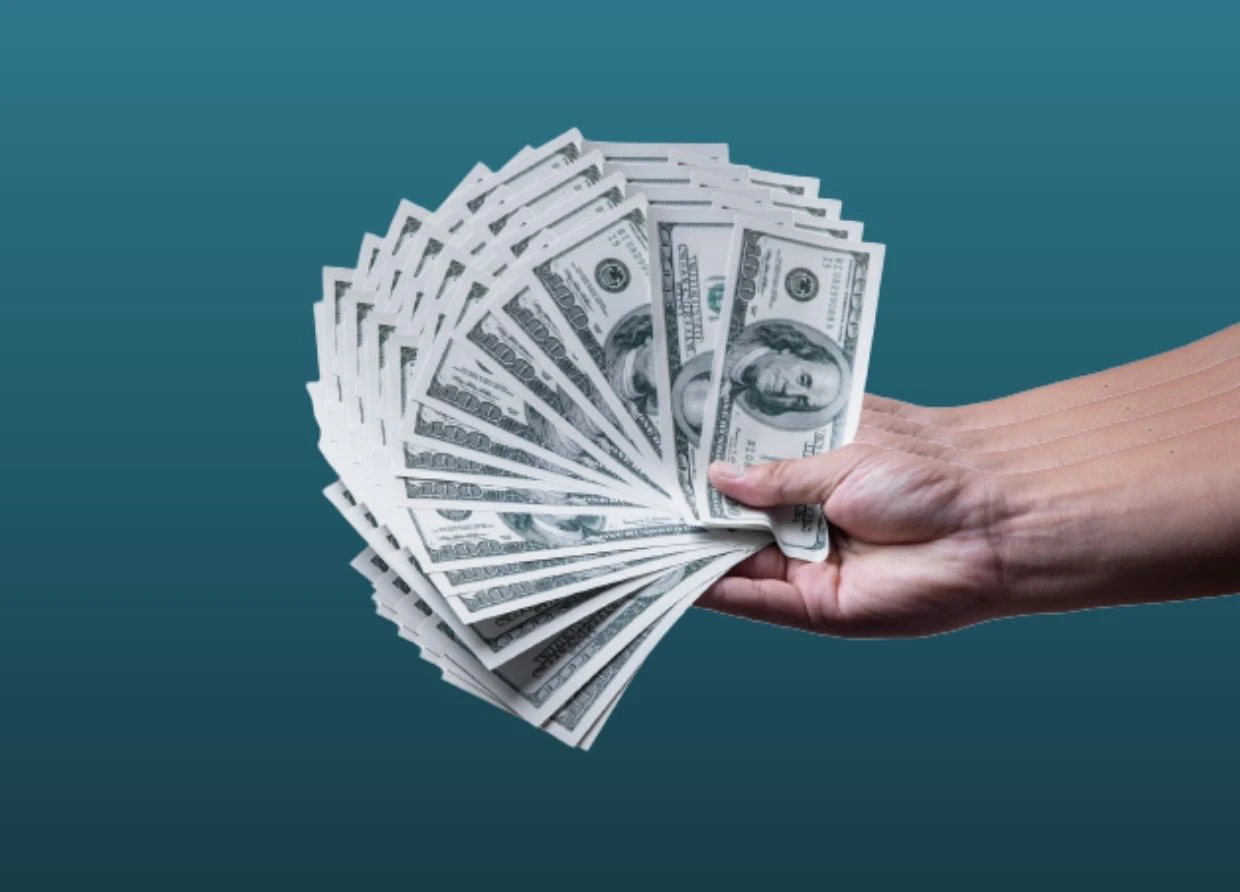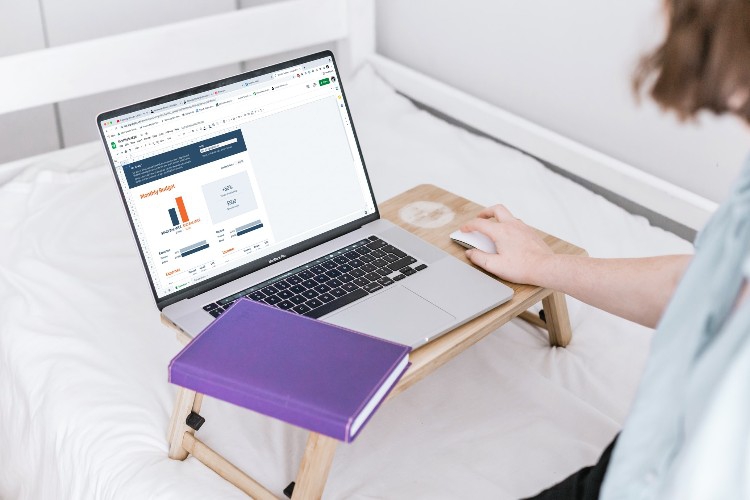BEYOND HOLISTIC WITH FINANCIAL WELLNESS
Transform your relationship with money to the next level.

When talking about wellness, many people would perhaps immediately associate it with self-care routines; going on a solo date, reading a favorite book, enjoying a spa, or drinking matcha in the morning. Indeed, they are not wrong. However, there is another form of wellness that is overlooked: financial wellness.
The U.S. Consumer Financial Protection Bureau (CFPB) defines financial wellness as “a state of being wherein you have control over day-to-day, month-to-month finances, have the capacity to absorb a financial shock, are on track to meet your financial goals, and have the financial freedom to make the choices that allow you to enjoy life.”
In short, it is the ability to live a financially prosperous life. It is attained when you know what you have, where you are going, and how you feel about it.
The reasons and the importance
By pursuing financial wellness through financial self-care, you get the confidence and peace of mind to live the life you desire. Consider it to be a powerful motor that facilitates attaining wellness in other areas.
For instance, while you may be able to take care of your body while disregarding your retirement money, the health of the fund will eventually dictate your ability to handle your physical health. Money is a source of stress and anxiety for us, but practicing financial wellness is a direct approach to alleviate that burden.

Obviously, there is no magic wand that any of us can wave to make more money, and we may not have influence over structural issues that perpetuate economic inequality, but financial wellness is a way of life that can provide you with the tools you need to be okay despite this.
Furthermore, financial wellness is a crucial requirement for all other sorts of wellness. When you don’t manage your money well, you're likely to be in despair.
Be mindful of your budget
One of the foundations of financial wellbeing is consistent and steady income. It starts with having a steady source of income and knowing you will be paid a set amount at a consistent time. Even if your earnings rise at one point, aim to live on a fixed income and enhance your investments.
Allowing your interest-earning accounts to grow can assist you in mitigating any downturns or emergency needs. When you know when your next few months' paychecks will arrive and how much money they will include, you have a consistent and reliable income.

You must also know where your money is going each month. Even if you don’t like budgeting or planning, it’s good to set goals for yourself. You are more likely to stick with it when you have goals to reach and can see progress. By creating a plan, you are visualizing the what, why, and how you will get there.
Once you've established a budget, make every effort to keep to it. Pay yourself first and start saving money as soon as you get your salary. If you overspend in one category, don't be afraid to transfer funds from another to cover your spending. If you had difficulty sticking to your budget, you can revisit it at the end of the month. Your objective is to create a budget based on your monthly income, spending, and savings, and then live within your means.
Savings and emergency fund
Many experts advocate setting aside at least 10 percent of your salary for savings, with some recommending as much as 25 percent. If it sounds too demanding, you might begin with one percent of your paycheck and gradually raise as your income grows.
It's also a good idea to automate savings. There are several options to have money automatically sent into your savings account each week or month, whether through your bank or your employers. Recurring transfers are regarded as one of the most efficient ways to accumulate funds.
Also, if you don't already have an emergency fund, now is the time to start one. The purpose of an emergency fund is to have money available in case of unemployment or an unexpected expense. You won't be concerned about money because you have a healthy cash reserve that you can access easily.

According to financial experts, you should have three to six months' worth of spending in your emergency fund. However, if you have nothing in savings, go with the amount you're comfortable with.
Saving money may seem out of reach at times, but consistently putting aside even tiny sums of money can have a significant influence over time.
One thing to bear in mind is that financial wellness does not occur overnight - it takes consistency and focus. Everyone has a different financial state, hence only you can determine which ways work best for you and help accomplish achieve your financial goals.
#THE S MEDIA #Media Milenial #financial wellness #Money #savings #emergency funds



























